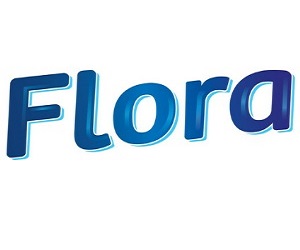A senior presidential advisor on epidemics, Dr. Monica Musenero said the government has made considerable progress in producing the much-discussed made-in-Uganda vaccines. She said this in an interview with Nobert Atukunda of Uganda’s Daily Monitor newspaper.
According to Dr. Musenero, the country is still developing its own vaccines and has made significant progress with two of them so far.
“We are still doing animal trials in one and we will be starting animal trials on the second one soon. The third one is a little behind“, said the senior presidential advisor.
“Getting the vaccine approved and all that takes time but you will be surprised that vaccine is still going to contribute to Covid-19 fight because the virus is not going to go away tomorrow. We are just fighting to reduce its threat and impact” she added.
Recent significant upticks in Covid-19 cases in the country have prompted President Yoweri Museveni to order another 42-day lockdown for Ugandans.
Meanwhile, the National Drug Authority (NDA) states that a vaccine must undergo certain vetting processes before it can be produced.
- Drug/vaccine discovery takes place in a laboratory by trying out molecules with theoretical effect on a disease or virus lifecycle.
- Selected molecules are taken through other chemical tests to see if they have a chance to make it to the next levels.
- Tests are conducted in lab animals – mice, guinea pigs, dogs and sometimes monkeys to assess safety.
- Phase I studies – first in human studies – are conducted in humans after rigorous regulatory approval to test the safety profiles of the drug candidate. Most drug candidates fail at this stage.
- Phase II studies are conducted in humans to assess whether the candidate vaccine actually treats the intended disease.
This comes after rigorous regulatory assessments and approval for phase I. - Phase III studies are conducted on thousands to hundreds of thousands of patients/humans to assess the true or near true picture of the drug candidate in real life.
- After successful completion of phase III and thorough regulatory scrutiny and approval, the drug can then be allowed for use on the market, with requirements for pharmacovigilance, or Phase IV.
The entire process on average takes about 10 years and cost in the range of hundreds of million dollars




